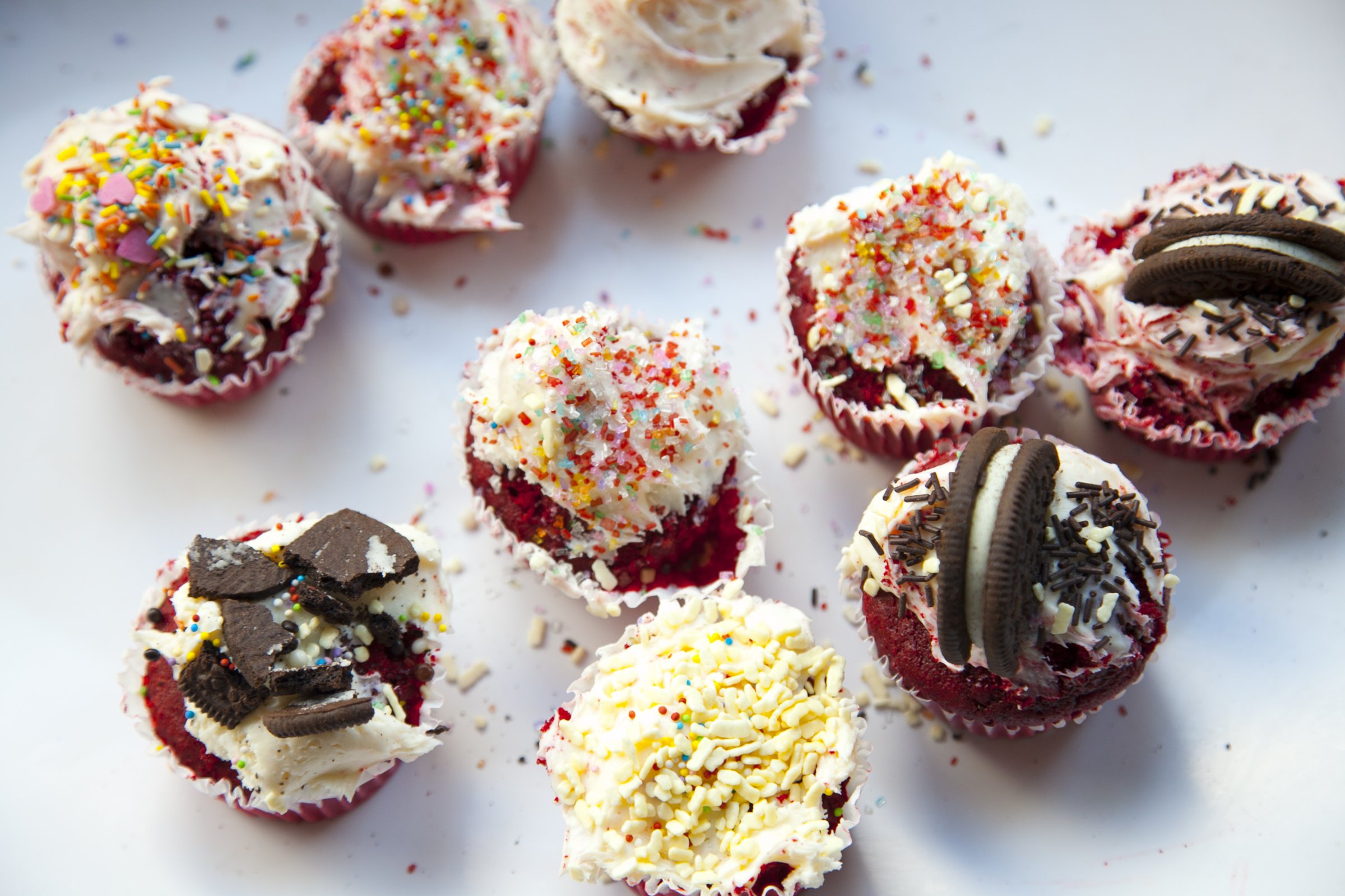
It’s that time of year, and once again, you caved. You didn’t just eat one cookie at your friend’s holiday party, you ate all the cookies (or at least that’s what it felt like). You know it’s not the best move for your body—but now that it’s done, is there anything you can do to counteract its effects?
While you can’t erase those calories, there are some simple ways you can keep them from being immediately stored as fat, says Laila Tabatabai, MD, an endocrinologist at Houston Methodist Hospital, and fend off the eventual energy crash (and junk-food cravings!) that can happen after eating too many sweets. Here are her tips for what to do next.
Get some exercise
It can take a lot of physical activity to burn off one moment of weakness—you’d have to run almost 5 miles to cancel out the calories in a Dunkin’ Donuts Apple Crumb donut, for example. But even if you can’t entirely negate your dietary indiscretions, a little extra cardio is still better than nothing.
“What’s even more important than burning off those calories is that exercise can reduce your appetite and reduce your cravings for additional sugar,” says Dr. Tabatabai. She recommends going for a quick walk, adding an extra 15 minutes to your regular afternoon workout, or taking the stairs at lunchtime instead of the elevator. If you can get outside, even better: Research shows that exposure to sunlight can improve alertness—something you may be lacking once that blood-sugar crash kicks in.
HEALTH.COM: 10 Mistakes That Make Cravings Worse
Cut carbs at your next meal
If your sugar binge happens before lunch or dinner, Dr. Tabatabai recommends eliminating bread and simple carbohydrates at your next meal. “If you’ve already had something sweet and sugary, stick with salad and lean protein,” she says. “You don’t need the additional potato or pasta carbs piled on top.”
This strategy will not only help keep your overall daily calories in check, she says, but it can help keep your blood-sugar levels stable so you’ll stay energized throughout the day.
HEALTH.COM: 14 Reasons You’re Tired All the Time
Drink a glass (or two) of water
You may be tempted to guzzle coffee once you start to feel the effects of your sugar crash, but the buzz you get from caffeine will be short-lived. Instead, stay hydrated by drinking plenty of good old H2O, Dr. Tabatabai says.
“Drinking extra water can actually help flush out some of the extra sugar you’ve eaten,” she says. Plus, it can prevent dehydration—which has been shown to cause drowsiness, even in mild cases. If you really need caffeine, opt for a cup of tea without sugar.
HEALTH.COM: 7 Easy Ways to Drink More Water
Have a high-protein snack
No matter how many calories you ingest during a junk-food binge, chances are you’ll feel hungry again about two hours later, says Dr. Tabatabai, thanks to your rapidly declining blood sugar levels. If you’re not due for a meal (see above), satisfy your appetite with a 100- to 200-calorie, high-protein snack.
“Have an apple with peanut butter, a hard-boiled egg, some Greek yogurt—something that’s low in simple sugars that will help you feel full until your next meal,” she says.
HEALTH.COM: 17 High-Protein Snacks You Can Eat On the Go
Stay on your feet
Resist the urge to slump in your chair all afternoon; instead, try to spend as much time standing up as possible. In a 2011 study published by the Centers for Disease Control and Prevention, the majority of people who used a standing desk at work for seven weeks reported that they felt more energized, more focused, and more productive.
Plus, standing will automatically burn off more of those calories than sitting, and a recent Australian study shows that alternating bouts of sitting and standing throughout the day can help lower elevated blood sugar levels, as well.
Don’t fall off the wagon
The most important thing, Dr. Tabatabai says, is to remember that your slip-up is not an excuse to forget all about your healthy eating goals. “A lot of people think, ‘Oh well, there goes my diet; might as well make this a cheat day,’ but you can still cut it off at any point and prevent yourself from eating more,” she says.
It may be harder than you think—research shows that low blood-glucose levels can actually lower willpower and make you crave sugar and fat over healthy foods. But following the strategies above can help you recover quickly and resist future temptations.
“If you’re going to indulge, especially around the holidays, make it something you’re really going to enjoy and that is really going to be worth it two hours later,” Dr. Tabatabai says. “There are going to be sweets everywhere, so why blow your calories on something that’s not all that special?”
More Must-Reads from TIME
- Donald Trump Is TIME's 2024 Person of the Year
- TIME’s Top 10 Photos of 2024
- Why Gen Z Is Drinking Less
- The Best Movies About Cooking
- Why Is Anxiety Worse at Night?
- A Head-to-Toe Guide to Treating Dry Skin
- Why Street Cats Are Taking Over Urban Neighborhoods
- Column: Jimmy Carter’s Global Legacy Was Moral Clarity
Contact us at letters@time.com